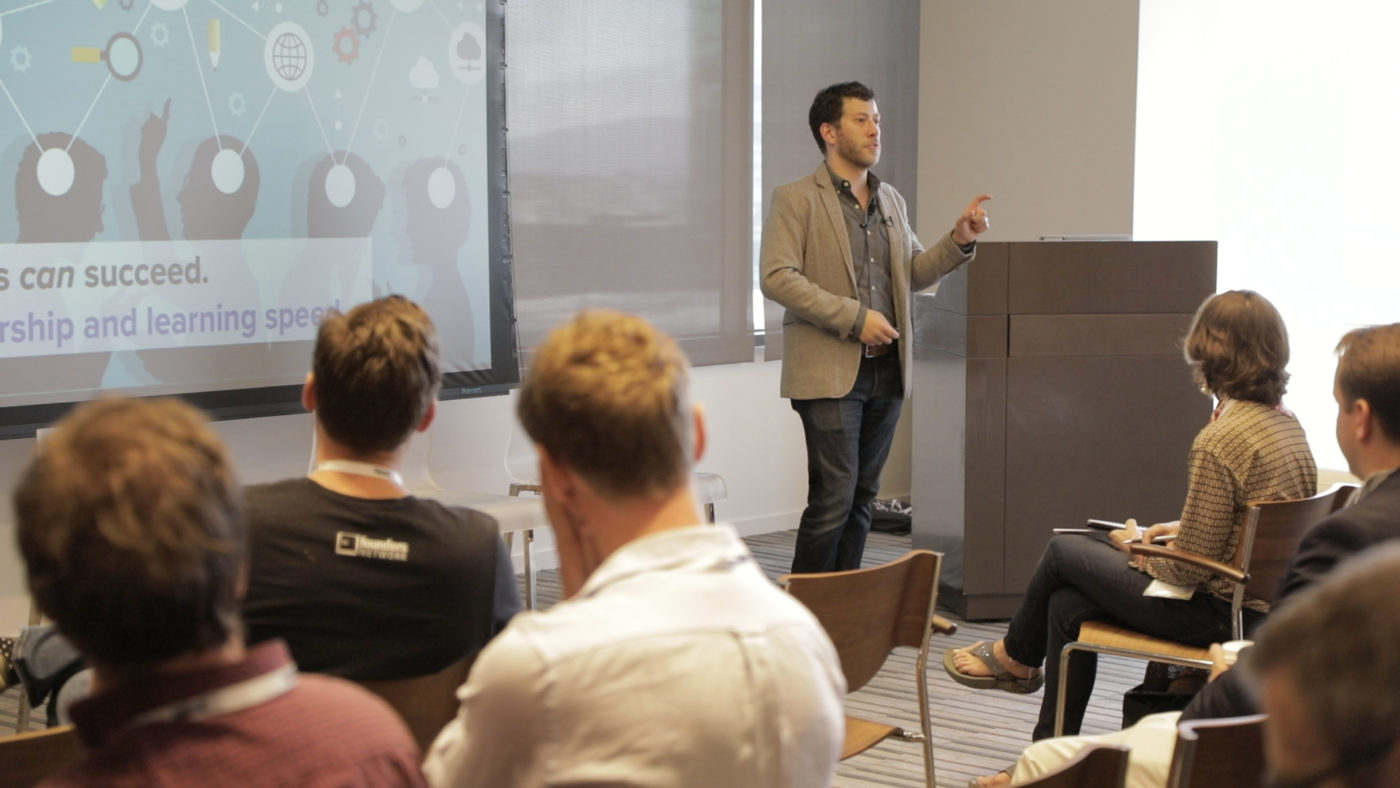
Early-stage funding plays a crucial role in the journey of startups. This initial infusion of capital enables founders to develop and refine their products, assemble talented teams, and establish a foothold in the market. Beyond the financial support, early-stage funding sets the stage for startups to iterate, adapt, and ultimately grow. I can also help attract the attention of larger investors who see the potential in their innovations. It’s a pivotal phase that paves the way for a startup’s development, helping them navigate the early challenges on the path to success.
Carta, a leading platform in equity management, recently released a report that delves into the intricacies of pre-seed financing. This comprehensive analysis provides a snapshot of the funding landscape for nascent companies. It sheds light on key trends, such as the prevalence of SAFEs (Simple Agreement for Future Equity) and convertible notes. Let’s take a closer look at Carta’s report and its insights on early-stage startup funding.
The Pre-Seed Landscape Defined
For many startups, the pre-seed stage is a crucial phase that sets the groundwork for a company’s future success. Carta classifies pre-seed companies as those that have yet to secure a priced equity round. Instead, these companies often rely on convertible instruments, with SAFEs and convertible notes being the most common options. These instruments enable startups to raise capital while deferring the determination of valuation until a later funding round.
Diving into the Data
Carta’s report draws on a wealth of data, encompassing tens of thousands of startups that utilize their platform. Notably, the report focuses on 2,103 pre-seed companies that raised capital through convertible financings in the first half of 2023. This robust dataset forms the foundation for the report’s insights, providing a comprehensive understanding of how founders navigate the pre-seed funding landscape.
Key Insights from the Report
The Rise of SAFEs: In Q2 2023, SAFEs emerged as the dominant choice for pre-seed investments, accounting for a staggering 80% of invested capital. While SAFEs have become the preferred option across various industries, certain sectors like medical devices, hardware, and biotech still exhibit significant reliance on convertible notes.
Valuation Cap Dynamics: The report highlights a gentle decline in median valuation caps for post-money SAFEs. The median valuation cap stood at $10 million in the past quarter, down from $15 million at the start of 2022. This trend is particularly sensitive to the size of funding rounds, with median caps dropping to $6.5 million for raises between $250,000 and $499,000.
Geographic Influence: The pre-seed landscape is significantly shaped by established venture capital ecosystems. Over half of the 2,103 companies that secured pre-seed financing in H1 2023 hailed from California or New York. Moreover, startups in these mature VC ecosystems were more likely to raise substantial pre-seed rounds, often exceeding $2.5 million through SAFEs.
Implications for Startups and Investors
Carta’s report provides invaluable insights for both startups seeking pre-seed funding and investors looking to navigate this evolving landscape. Understanding the prevalence of SAFEs and convertible notes, as well as the nuanced trends in valuation caps and geographic influence, empowers founders to make informed decisions about their fundraising strategies. Similarly, investors can leverage this data to identify promising opportunities and tailor their investment approaches accordingly.
Click here to read the full report.
Want to learn more about investing in startups? Apply to join the fnInvestor program.






